Do you sleep on your stomach? This is the type of mattress you should have on your bed according to sleep experts
An osteopath and a physiotherapist weigh in on the best type of mattress for stomach sleepers
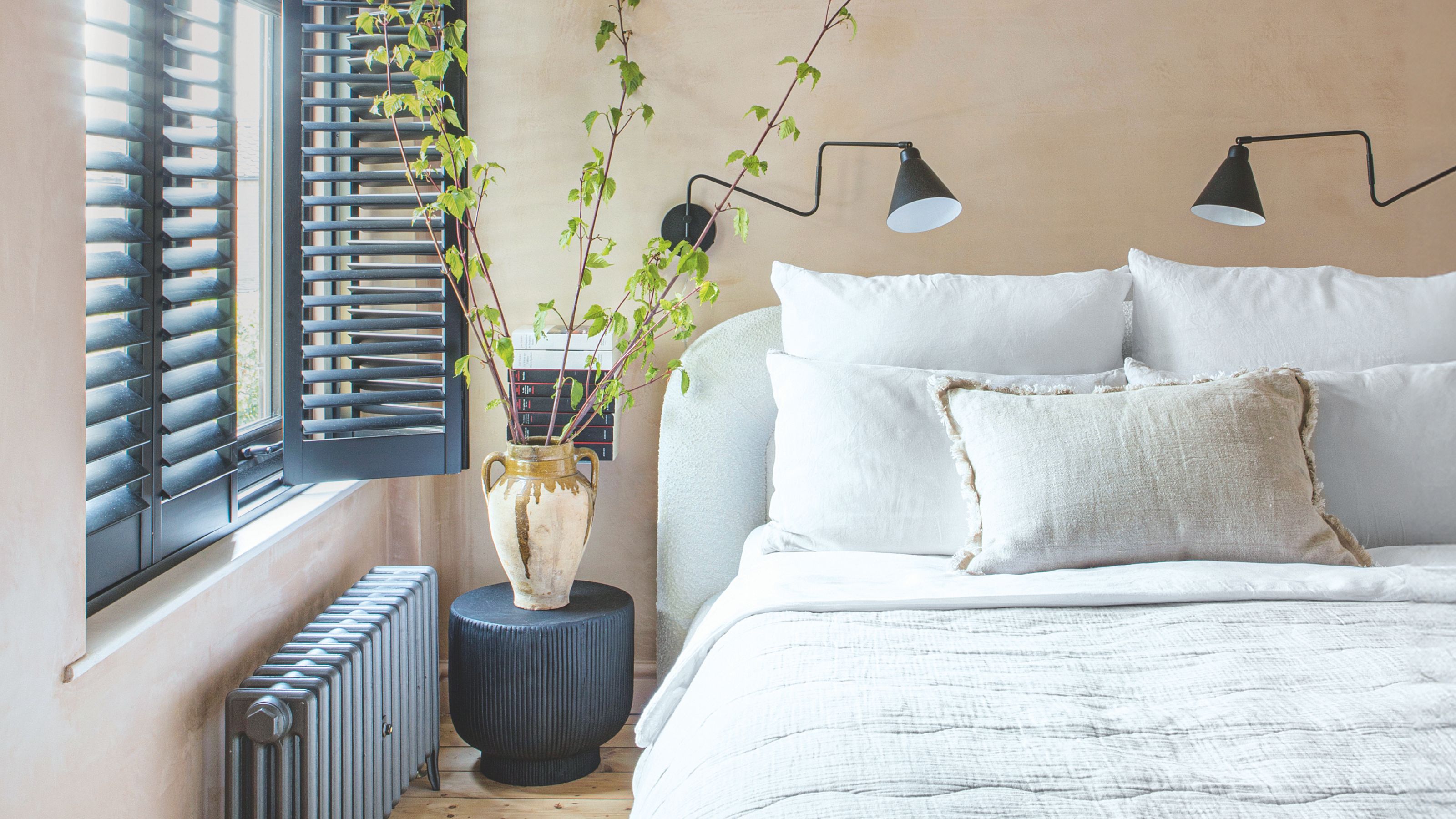
- Best type of mattress for a stomach sleeper
- Is it healthy to be a stomach sleeper?
- Is a memory foam mattress good for a stomach sleeper?
- Is a pillow-top mattress good for front sleepers?
- Is a pocket spring mattress good for front sleepers?
- What mattress firmness is best for front sleepers?
- Should front sleepers sleep without a pillow?
- What pillow is best if you sleep on your stomach?

When it comes to the best type of mattress for a stomach sleeper, those of us who sleep on our fronts often get a raw deal.
The majority of the nation are side or back sleepers, so mattresses are most often designed without front sleepers in mind, and perhaps for good reason. Expert advice often says this posture isn't the most healthy one to sleep in as it can over-extend your neck and cause back pain.
But what if you can't get comfortable any other way? Finding the best mattress for stomach sleepers is hard, but if you're not willing to change your sleeping position, it can be done.
I've been testing mattresses for four years now, and along with expert advice from a registered osteopath and physiotherapist, I'm here to tell you all you need to know about finding a mattress that offers the best spinal alignment possible in this less common sleeping position.
What type of mattress should a stomach sleeper choose?
The pain points for stomach sleepers (literally!) are sinking hips and over-extended necks. We’ll get onto pillows later, for now, let’s focus on what type of mattress can help alleviate these problem areas.
‘For stomach sleepers, the firmness of the mattress is potentially more important than the type of mattress,’ says Dave Gibson, registered osteopath, sleep expert, and founder of The Sleep Site. ‘In general, you should aim for a medium-firm to firm tension to prevent the risk of excessive hip sinking, which can strain the lower back.’
‘The research into sleeping positions isn’t extensive, but based on what we know, a medium-firm mattress appears to be the best option,' agrees physiotherapist with twenty years of experience, Nell Mead. A medium-firm mattress 'can help to control excessive inward curve through your lower back which can lead to back pain, whilst still offering enough comfort for the pressure points created by sleeping on your front,’ continues Nell.
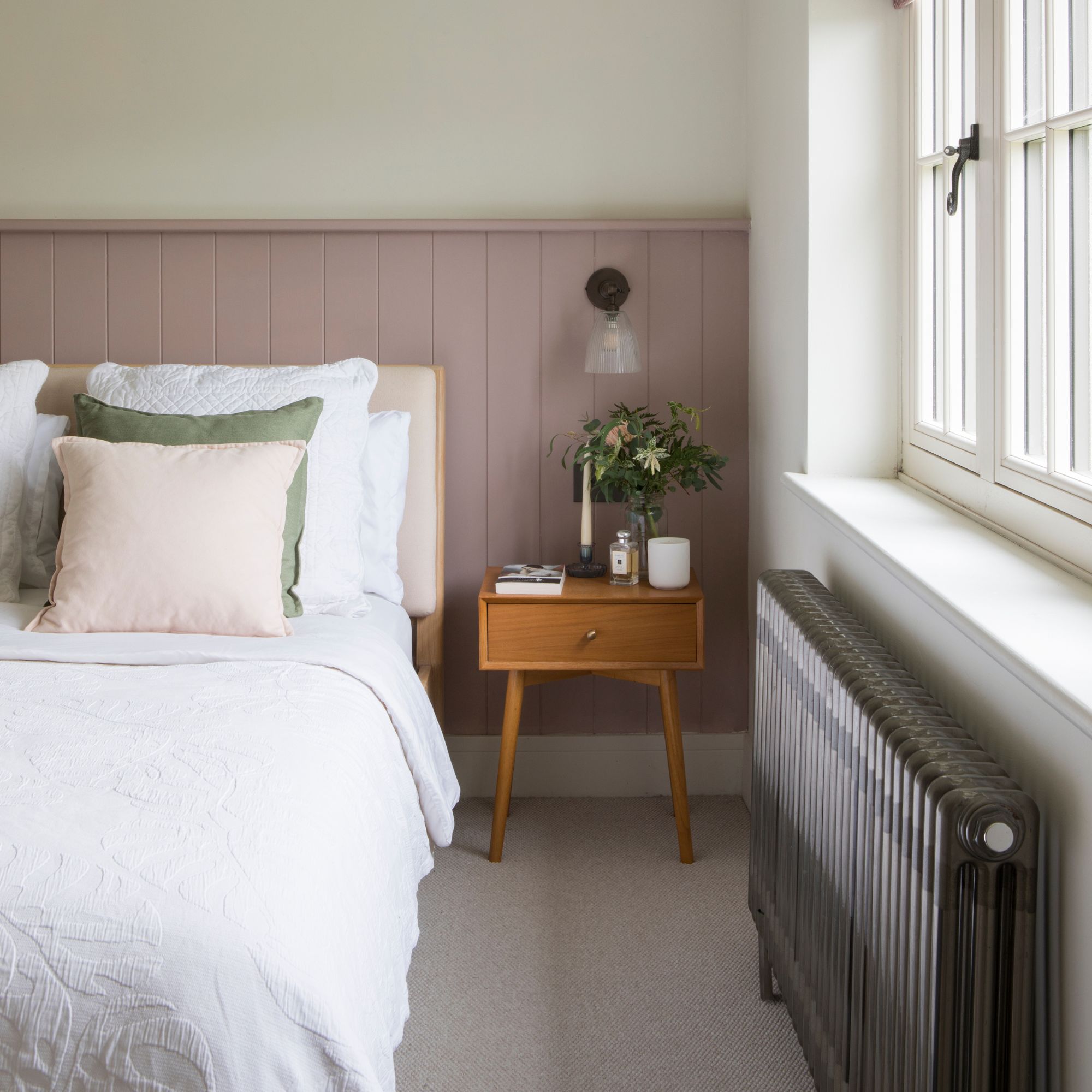
‘If I had to choose between mattress types I would go for a memory foam mattress as long as it’s firm enough,’ says osteopath Dave Gibson. ‘Look for a high-density foam though to provide the necessary support. Hybrid mattresses can offer a good balance too or even latex mattresses, especially those with a firmer feel.’
In our testing, we've found the Simba Hybrid mattress and Simba Hybrid Pro mattress are both hybrid memory foam mattresses that offer firmer support.
As for sprung mattresses; you really need to opt for a pocket sprung mattress, which offers more support than an open-coil mattress. 'Sprung mattresses with pocket coils can provide good support if they are firm enough but aim to avoid mattresses that are too soft, as excessive sinkage can lead to poor spinal alignment,’ says Dave Gibson.
The firm Sealy Newton Posturepedic mattress or latex-topped Silentnight Lift Replenish Hybrid 2000 mattress are both good options for front sleepers.
Is it healthy to be a stomach sleeper?
Stomach sleepers, I don’t have great news for you. Sleeping on your stomach probably isn’t going to do you many favours in the long run I’m afraid.
‘Stomach sleeping isn't generally considered the healthiest position,’ says physiotherapist Nell Mead. ‘When sleeping on your front, you have to turn your head to one side in order to breathe, which can put a lot of strain through the muscles and ligaments in your neck. Lying on your front can also exaggerate the natural inward curve of your lower back, particularly if your mattress is too soft.’
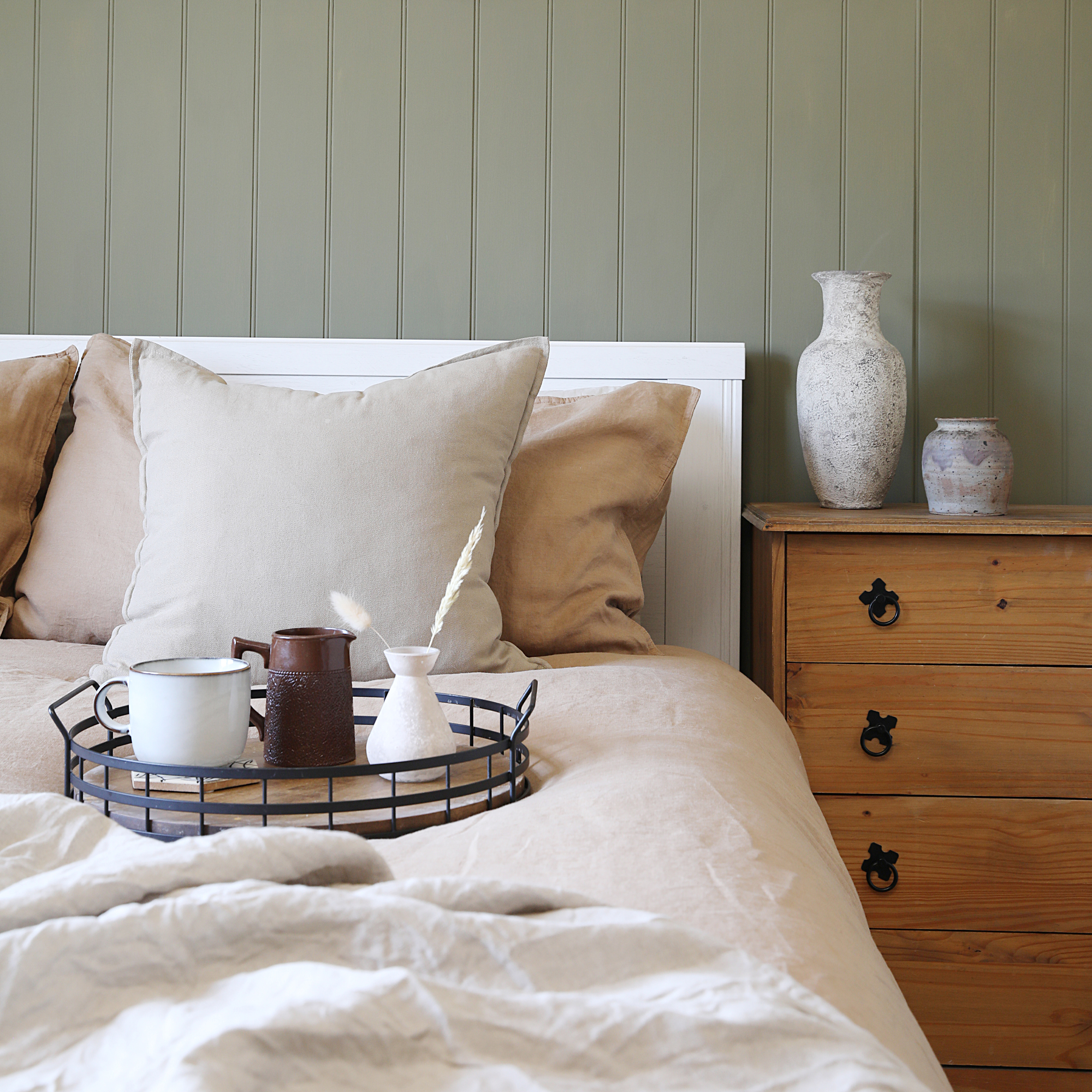
Is a memory foam mattress good for a stomach sleeper?
A memory foam mattress can be a good option for a stomach sleeper, as long as you get the tension right. You don’t want anything that’s going to let you sink out of that spinal alignment.
‘The key concern for stomach sleepers is that a very soft mattress might allow too much sinking in the midsection, which could hyperextend the spine,’ explains Nell Mead. ‘So if you do prefer memory foam, look for a firmer mattress with good support.’
Is a pillow-top mattress good for front sleepers?
Pillow-top mattresses are a type of mattress that it's probably best to avoid if you’re a front sleeper. By their very nature, they’re soft and fluffy and give you that sinking in feeling – all of which is bad for front sleepers.
‘These aren't the best choice for front sleepers because they’re too soft,’ confirms Nell Mead. ‘They often provide too much “give” in the midsection, which can lead to poor spinal alignment for stomach sleepers.’
Is a pocket spring mattress good for front sleepers?
Pocket-sprung mattresses offer comprehensive support. This is because all the springs work independently of one another and respond to your body’s movements easily. However, they come in all different types of tensions and you'll want a medium-firm or firm tension if you're a stomach sleeper.
‘A medium-firm pocket spring mattress can be a good option for stomach sleepers,’ says osteopath Dave Gibson. ‘The springs provide responsive support to prevent sagging, particularly in the hip area, which is crucial for maintaining spinal alignment.'
‘If you’re a fan of pocket sprung mattresses (as I am), look for models with good tension in the middle zone,’ advises physio Nell Mead.
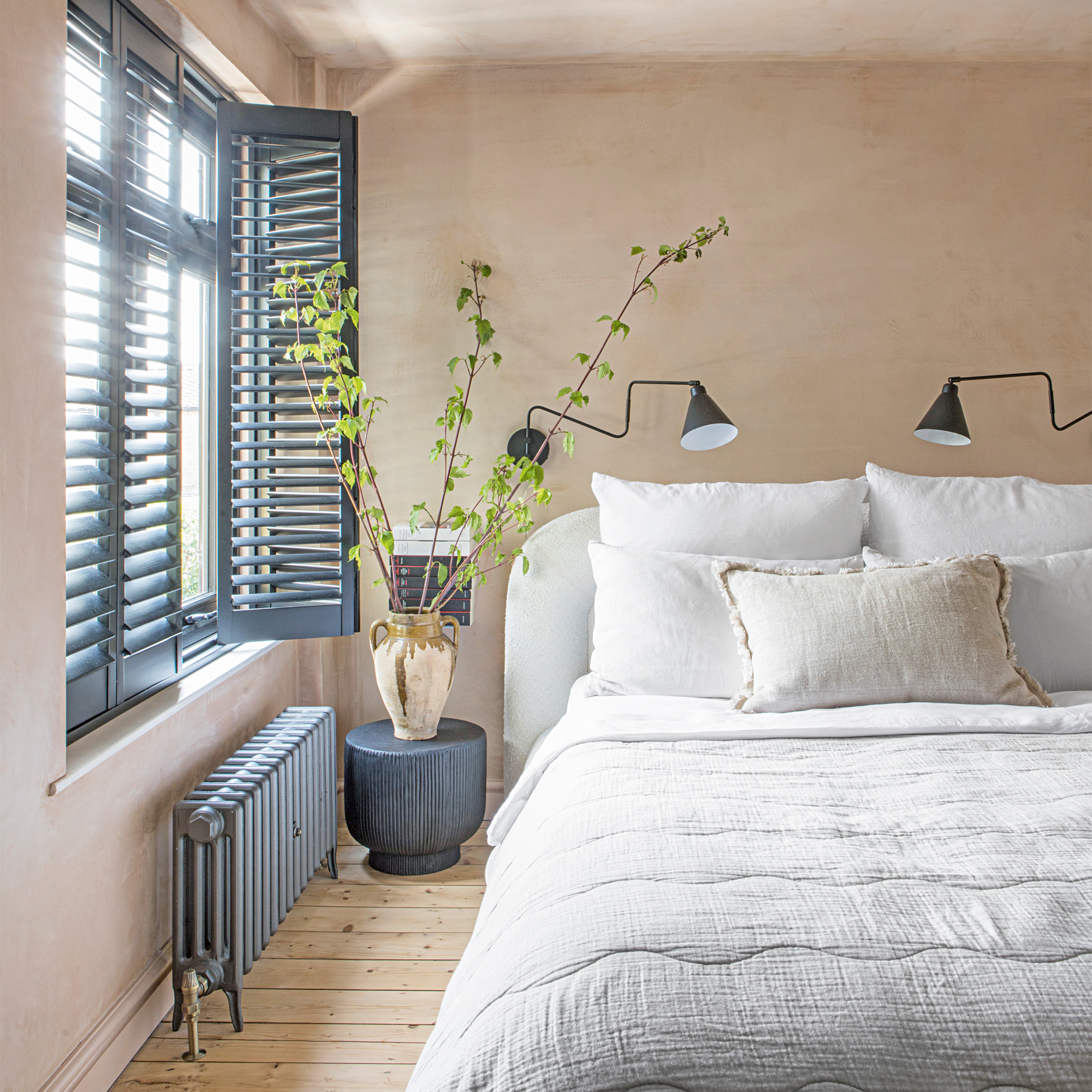
What mattress firmness is best for front sleepers?
Your mattresses firmness – also known as mattress tension – should be a key factor when choosing the best mattress for a front sleepers. You do not want a soft mattress as your hips will sink.
‘According to the research, medium-firm mattresses generally provide the best support,’ says physio Nell Mead.
Should front sleepers sleep without a pillow?
If you sleep on your front you may prefer sleeping without a pillow, but you don't have to. You could use a very low loft (otherwise known as a thin) pillow instead.
‘Front sleepers should either sleep without a pillow or use a very thin one. This helps maintain better spinal alignment by keeping the head and neck in a more neutral position relative to the spine,’ says Nell Mead.
What pillow is best if you sleep on your stomach?
When it comes to how to choose a pillow, the most important thing to know is that not all pillows suit all sleeping styles. The best pillow for a front sleeper is a thin pillow – also called a low-loft pillow – that will prevent the head from being lifted too far from the mattress.
‘If you must use a pillow while sleeping on your front, choose a very thin, firm pillow that keeps your head and neck as close to neutral alignment as possible,’ says physio Nell Mead.
‘Some stomach sleepers also benefit from placing a thin, firm pillow under their hips or chest instead of their head to help maintain better spinal alignment,’ says Nell.

So there we are, expert advice on the best type of mattress to choose if you're a front sleeper.
However, your sleeping position might be a key factor in considering which mattress is best for you, but it's not the only consideration.
If you're a hot sleeper, you'll also want to know why breathability is important in a mattress, as this can make the difference between good temperature regulation and overheating.
You might also want to why motion isolation is so important in your mattress choice, especially if you share a bed with a fidgety partner!
Considering all of these factors before you shop, is ultimately what leads to your best night's sleep.
Get the Ideal Home Newsletter
Sign up to our newsletter for style and decor inspiration, house makeovers, project advice and more.

Zoe is a freelance journalist and content strategist. Her career has traversed kids' publishing, women's lifestyle magazines, luxury property and content marketing. She's worked for the BBC, STYLIST, Marie Claire, heat, Wallpaper*, InStyle, The Sunday Times Style, Ocado, Christie's and more. She now regularly writes about interiors and sleep for a range of media – what she doesn't know about mattresses isn't worth knowing.
You must confirm your public display name before commenting
Please logout and then login again, you will then be prompted to enter your display name.
-
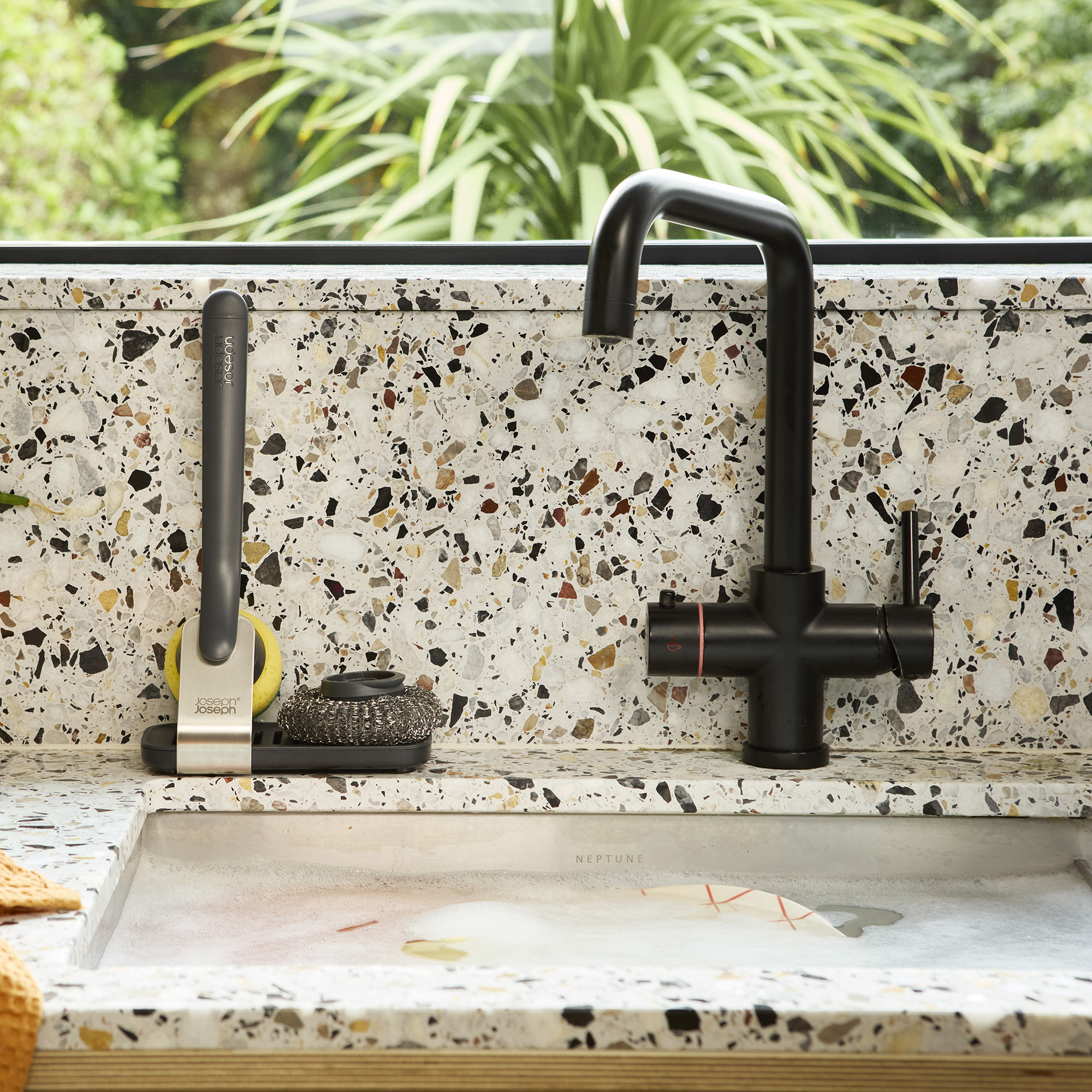 Don't tell my flatmates, but Joseph Joseph's clever new sink range finally made me enjoy washing up
Don't tell my flatmates, but Joseph Joseph's clever new sink range finally made me enjoy washing upI didn't know stylish washing up accessories existed until I saw this collection
By Holly Cockburn
-
 Is it cheaper to build an extension or a conservatory?
Is it cheaper to build an extension or a conservatory?One is usually cheaper, but it turns out that's not always the case
By Amy Reeves
-
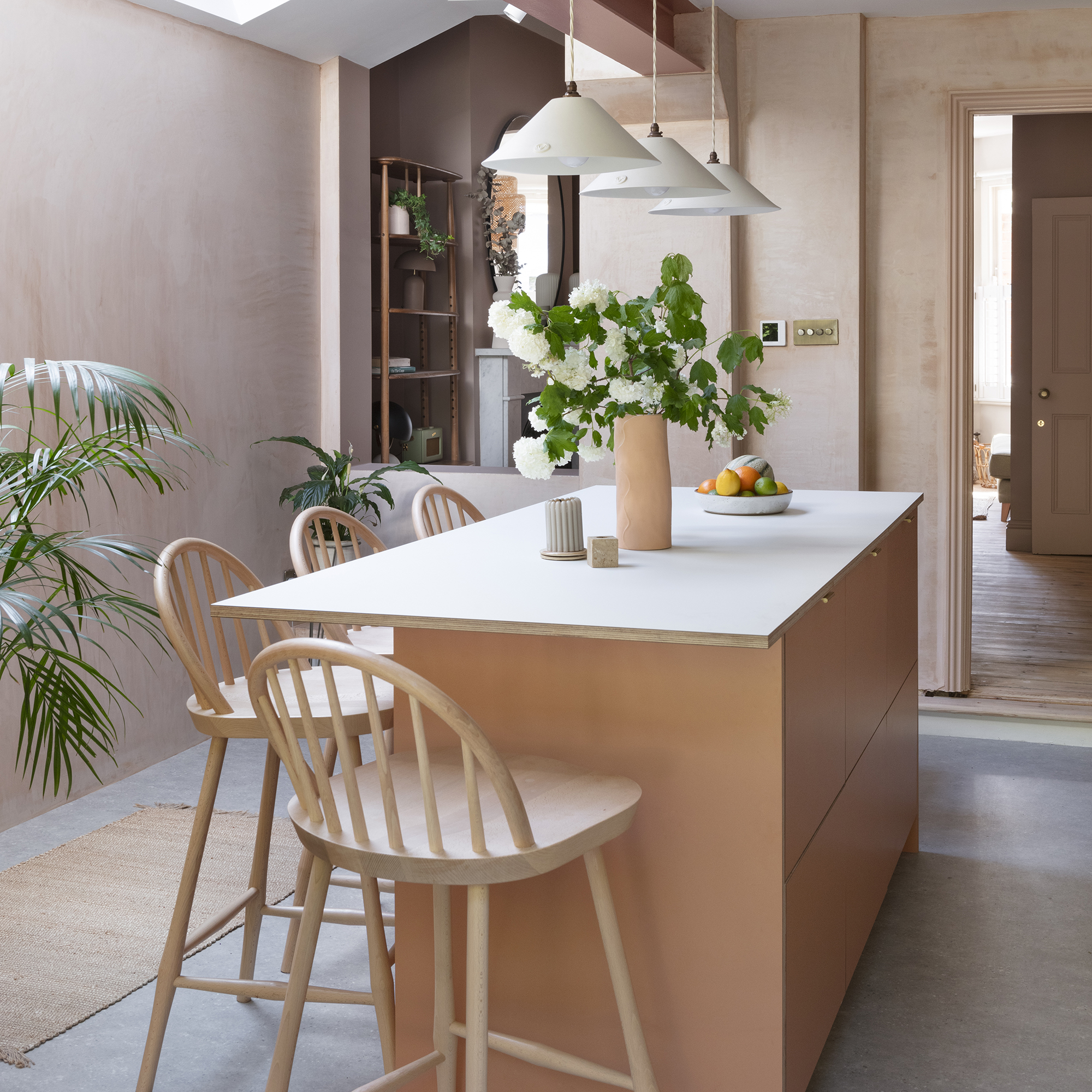 Can you add an island to an existing kitchen? Yes, but these are the 3 considerations to be aware of
Can you add an island to an existing kitchen? Yes, but these are the 3 considerations to be aware ofAdding an island is easier than you might think
By Holly Cockburn